The nursery dresser drawers were filled to the brim with girl clothes. I yanked all of the newly washed and folded items out and tossed them in a pile I mentally labeled, ‘a problem for another day.’ Unicorns, rainbows, pink, pink, and more pink. I stared at the now-empty drawers and felt a strange emotion: Grief.
My newborn hadn’t come home with me. He was in the NICU 60 miles away. His birth was full of surprises. He was born two months early and had surgery the day after he was born. Also, three ultrasound techs had told me he was going to be a she, which in and of itself threw me into parenthood feeling a lot like the upside-down smiling emoji.

I’m not going to go through my son’s story in this blog post, though his birth story is thrilling. Instead, I’m going to share how my son’s birth taught me valuable life lessons.
To state the obvious, major milestones come with a myriad of expectations, the birth of a child is no exception. Like every soon-to-be-parent, I imagined bringing my healthy term baby home with me a few days after their birth. I pictured welcoming guests to meet my little bundle of joy, sleep-deprived, but still looking fabulous, of course. I thought my experience would look like my sister’s or my peers.
My reality looked much different. We spent the first month of my son’s life in the NICU, bouncing between living in our apartment, San Francisco hotels, the Ronald McDonald House, and a temporary home we were placed in by our social worker. Finally, on March 8, three weeks before his due date, we were discharged from the NICU. Thanks to my sister and a good friend, we now had seven preemie boy outfits in our dresser drawers at home.
Similar to other parents with a newborn, the first few weeks home were a blur. Our days were filled with smiles and tears of joy and exhaustion. We stared lovingly at our newborn and took turns sleeping next to the bassinet. Unlike other parents with a newborn, my husband and I woke each other throughout the night with one word: bag. This meant the next 30 minutes would be spent removing and reassembling the ostomy bag on our newborn son’s stomach, while he screamed. Occasionally the bag would break mid-assembly, causing all three of us to scream.
I cried in the waiting room before my two-month postpartum appointment, ironically while answering a postpartum depression questionnaire. “Not suicidal, just sleep-deprived and over this shit,” I wrote. When I say shit, I’m talking about COVID-19, my family and friends not being able to meet my baby, ostomy bag changes, and sobbing through a mask in a waiting room.
I was immediately referred to a counselor after my public display of exhaustion. I told my counselor that I didn’t have postpartum depression. “That’s not my story,” I quipped. “I make it through this difficult time in my life and everyone is shocked by how well I handle it. THAT is my story.”
“Why can’t it be both?” she asked, “Why can’t you have postpartum depression AND shock everyone by how well you handled it?”
Ugh. Counselors. They ask the questions that stick with you.
After several virtual appointments (because COVID) I learned that postpartum depression isn’t a diagnosis. It’s more of an explanation of an increase of emotions following the birth of a child. For some, the feelings are too heavy to carry alone and one of the first lessons new parents learn is that there is no shame in asking for help.
In my case, I wasn’t depressed, I was just truly sleep-deprived, and over this shit. Nevertheless, unpacking my expectations surrounding the birth of my first child was invaluable. My counselor validated my emotions. I was grieving a life I thought I’d be living. The ostomy bag, the empty dresser drawers, and the pile of unused baby girl clothes were symbols. They were symbols of abnormality, unpreparedness, and surprise: all of which I loathed.
Flash forward six months and two major surgeries later. Looking back, my husband and I had become pros at assembling ostomy bags. My son started smiling through the bag changes like it was a fun game. We had prayed every night for acceptance, strength, and endurance. I feel our prayers were answered.
My son is perfectly healthy and has no future surgeries planned. He said goodbye to the ostomy bag forever following his second surgery, which took place when he was 4-months-old. He has a 4-inch scar across his stomach that vaguely resembles my c-section scar. We have matching proof of our wild journey. We also have matching cheesy smiles, but his ears, he gets those from his father.
So here’s my story: By the grace of God, my son and I survived a complicated pregnancy. We were blessed to have a medical team that saved his life by transferring him to UCSF for major intestinal surgery. I made it through this difficult time and shocked myself by how well I handled it. This may not be the life I imagined, but my son is the epitome of perfection. And I’m proud to say I am so much stronger than I was 6 months ago.

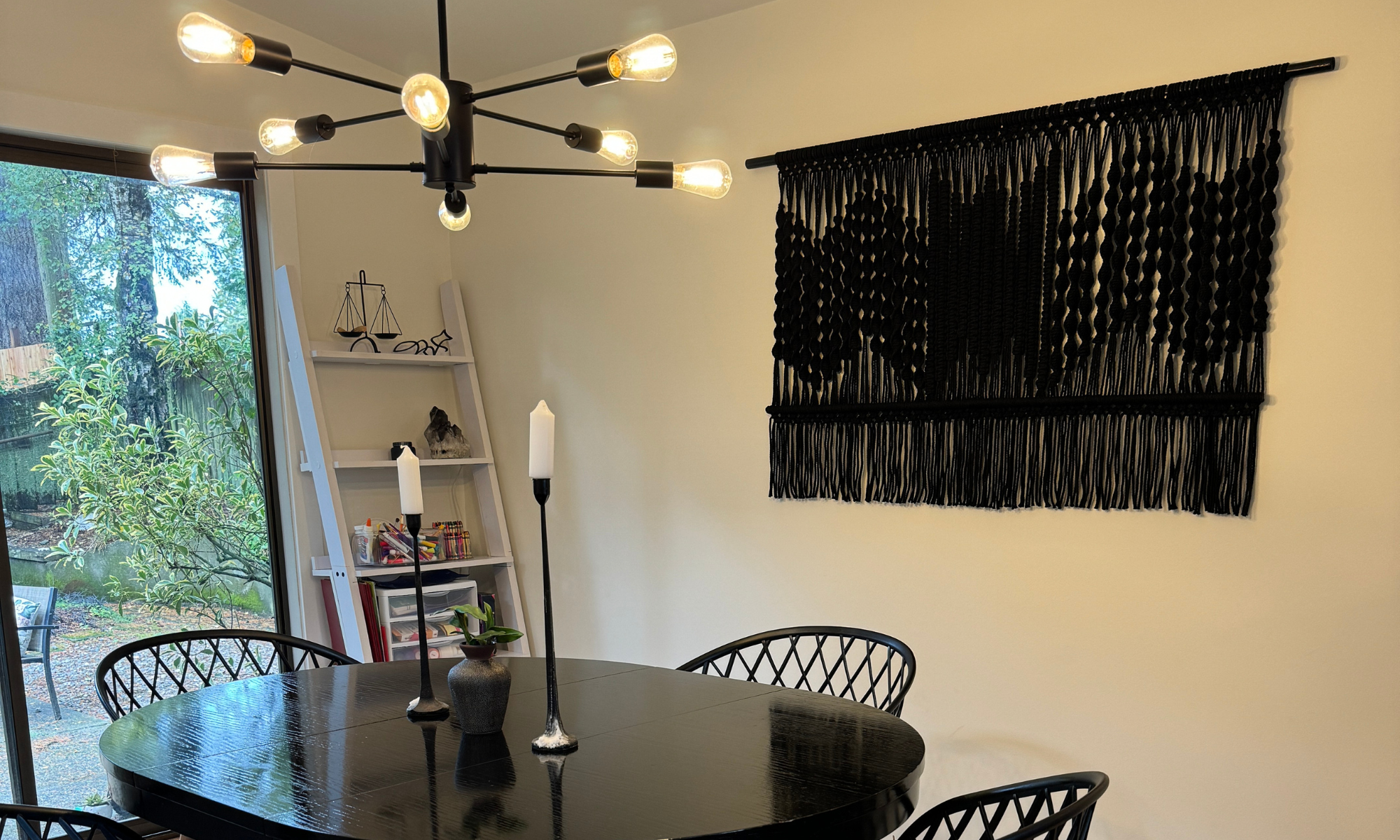







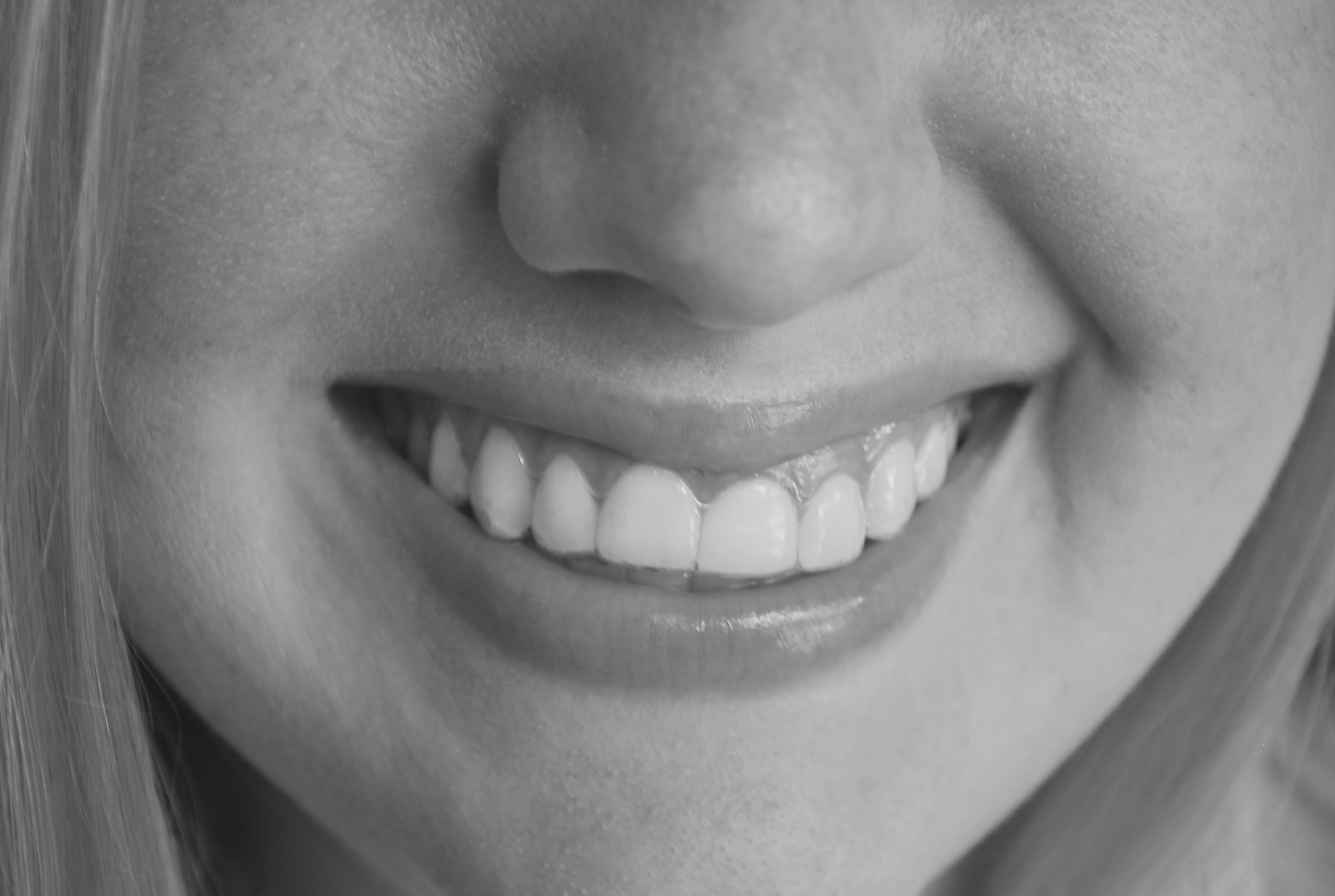
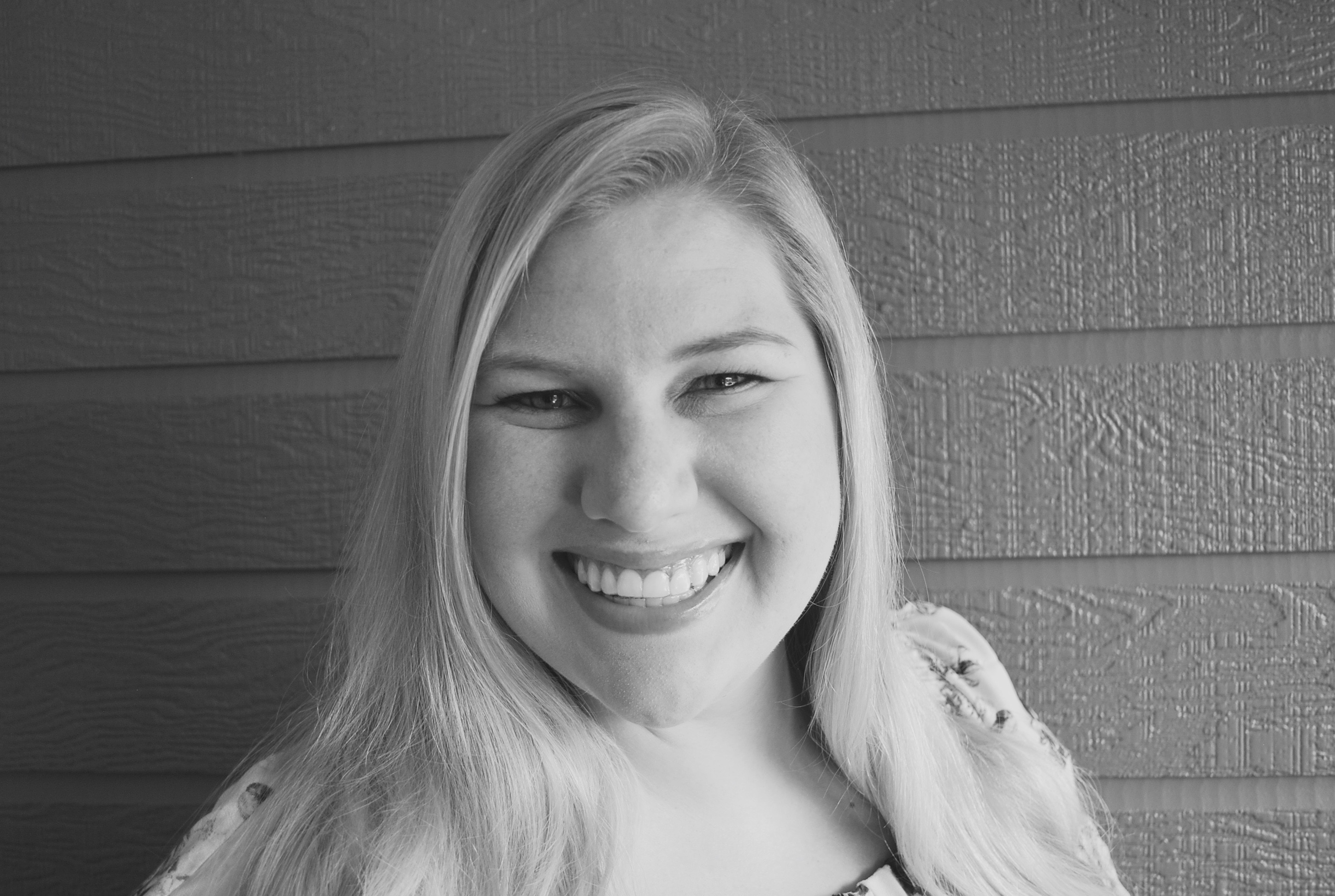
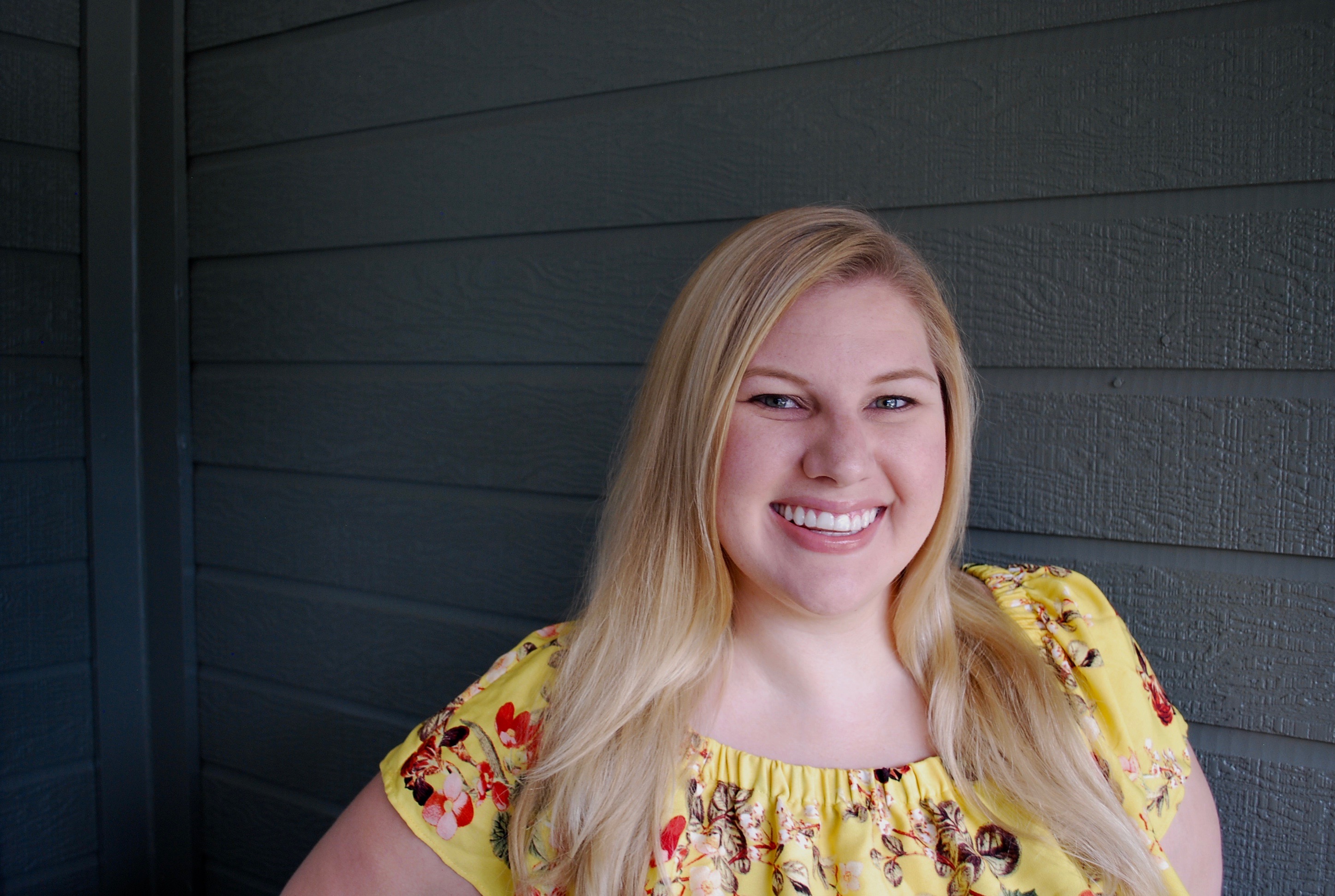
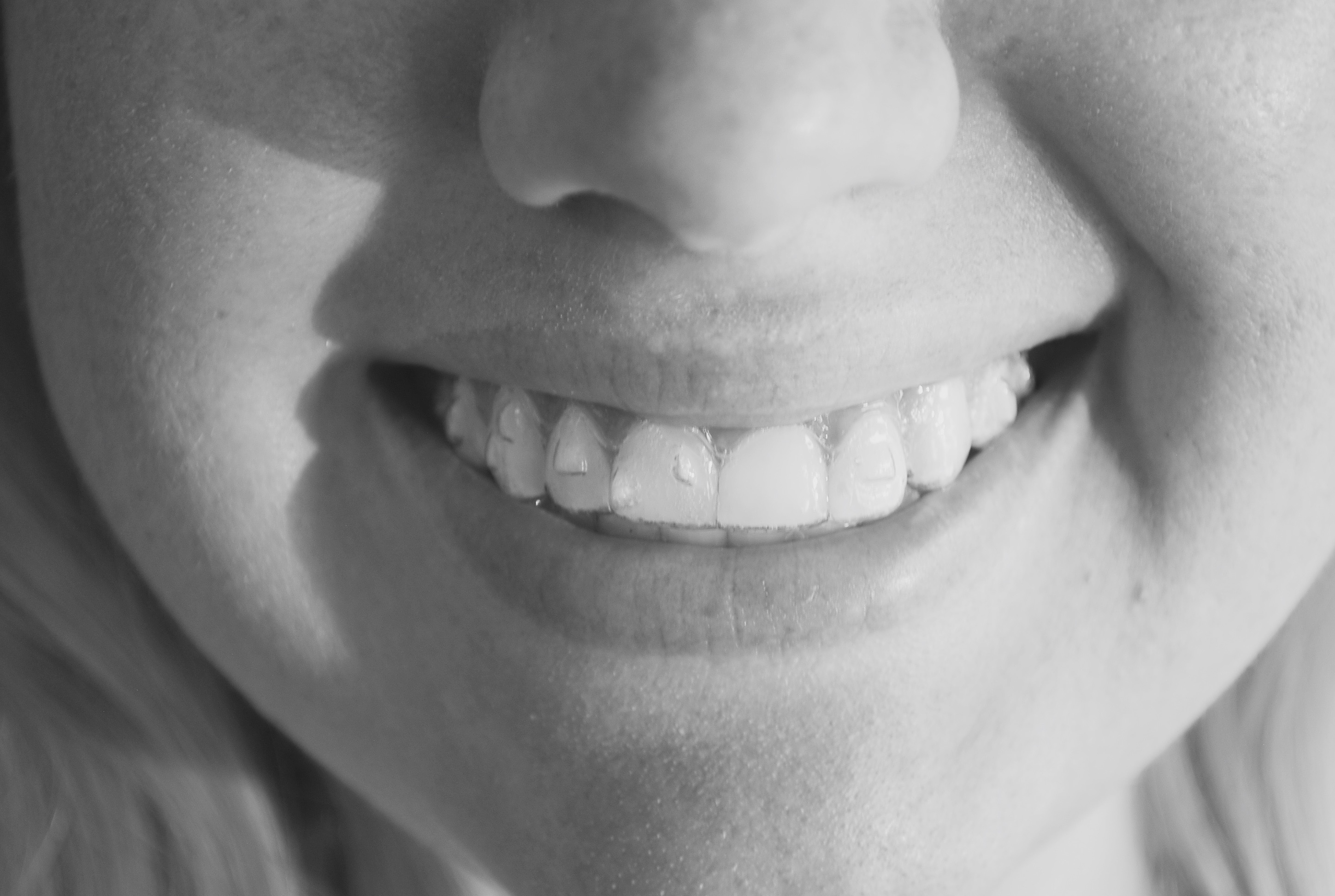
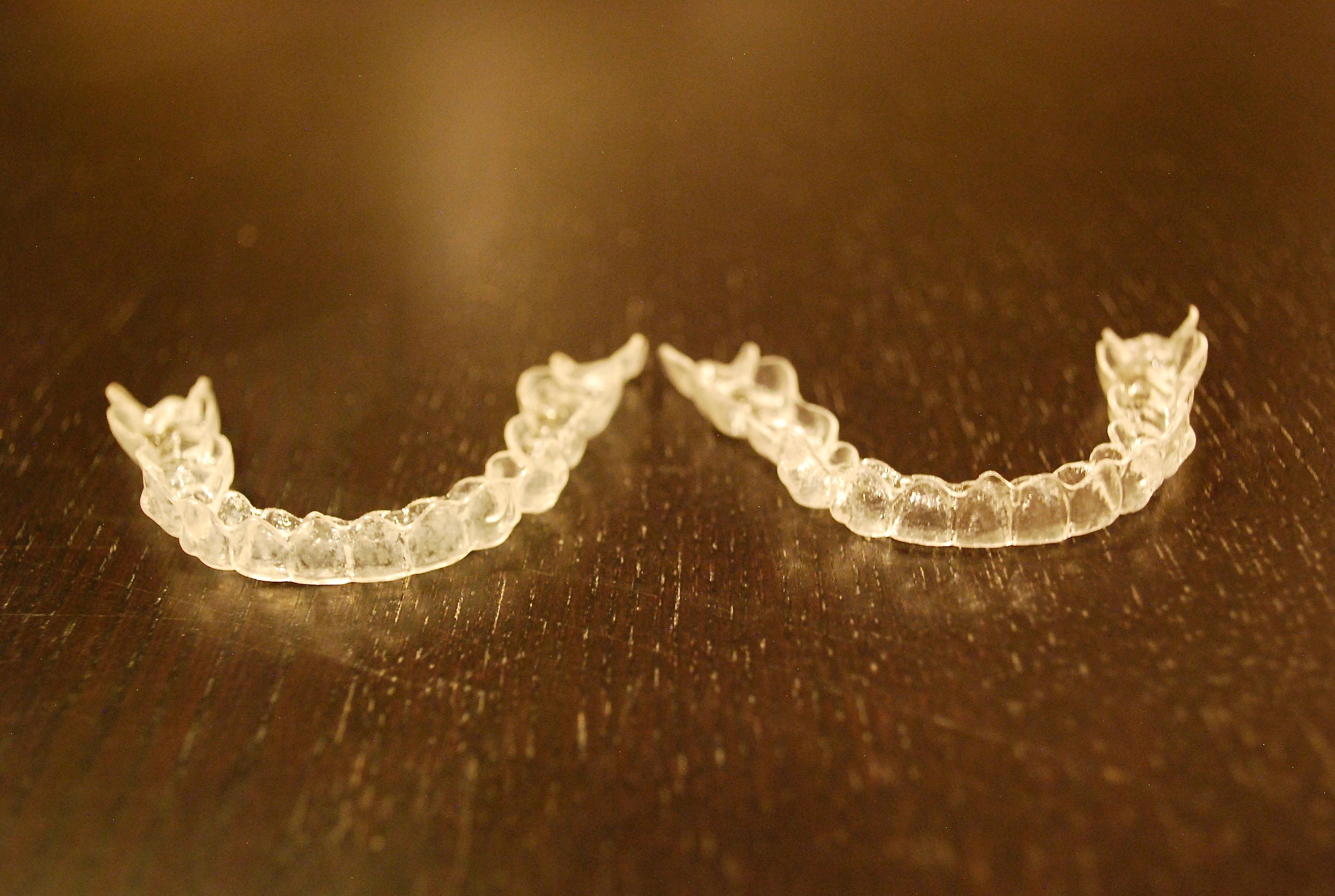

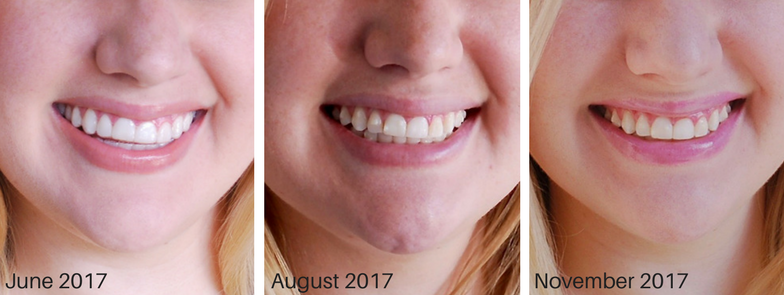
































 Beauty tip: Don’t bother styling your hair while in Mexico in June, the humidity will destroy it. I am beating myself up for getting “all done up” everyday in Mexico. I’d just end up throwing my hair in a pony-tail midday anyways.
Beauty tip: Don’t bother styling your hair while in Mexico in June, the humidity will destroy it. I am beating myself up for getting “all done up” everyday in Mexico. I’d just end up throwing my hair in a pony-tail midday anyways.







